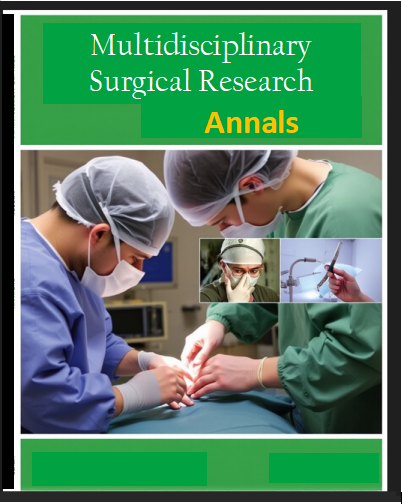Cardiometabolic Syndrome: The Convergence of Diabetes, Hypertension, and cardiovascular disease – A Call for Early Intervention and Multidisciplinary Management
DOI:
https://doi.org/10.63075/8hd9tg32Abstract
Cardiometabolic Syndrome (CMS) is a complex disease defined by the combined presence of metabolic disturbances like insulin resistance, abdominal obesity, dyslipidemia and hypertension. This clustering substantially elevates the risk of cardiovascular disease, type 2 diabetes, and all-cause mortality. The increasing prevalence of CMS worldwide highlights the pressing need for improved diagnostic approaches and targeted therapeutic measures. Though traditional risk factors, such as poor diet, lack of exercise, etc., are well established, an emerging body of evidence points toward the possible role that environmental toxins, particularly endocrine-disrupting chemicals like bisphenol A (BPA), phthalates, and microplastics from synthetic sources like polyester, appear to have in disrupting hormonal and metabolic homeostasis. This article reviews current diagnostic tools and treatment protocols available, emphasizing that early detection is vital using integrated biomarkers, and advanced technologies involving artificial intelligence (AI) and gut microbiome profiling. It also highlights the use of plant-derived antioxidants for ameliorating toxin-induced metabolic and neurovascular damage. Instead, the paper advocates for a new public health policy that embraces preventative care, environmental regulation, and personalized medicine, to address the complex etiology of CMS and rein in its worldwide impact.




